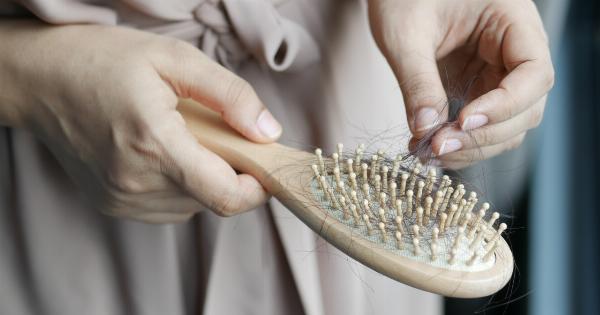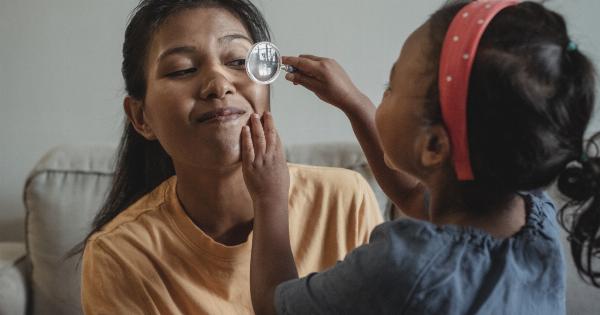Becoming a mother is often seen as one of the most fulfilling experiences in a woman’s life. It brings joy, love, and a sense of purpose that is unparalleled.
Unfortunately, for some women, a condition known as IFNE (Inability to Fall Naturally in Love with the Idea of Being a Mother) can deprive them of this happiness and fulfillment.
Understanding IFNE
IFNE is a condition that affects women who struggle to connect with the idea of becoming a mother. It is not a medical condition or a physical barrier to pregnancy, but rather an emotional and psychological challenge.
Women with IFNE often find it difficult to imagine themselves in the role of a mother, and this lack of connection leads to feelings of guilt, confusion, and sadness.
The Social Pressure to Have Children
In a society that places a high value on motherhood, women with IFNE can feel a tremendous amount of pressure to conform. Family, friends, and even strangers may offer unsolicited advice, question their choices, or make insensitive comments.
This societal pressure can further exacerbate the feelings of guilt and isolation experienced by women with IFNE.
The Impact on Relationships
IFNE can also put a strain on romantic relationships. Many women with IFNE are hesitant to share their true feelings with their partners, fearing judgment or rejection.
This lack of open communication can lead to misunderstandings and resentment, ultimately affecting the overall happiness and stability of the relationship.
Seeking Support
It is crucial for women with IFNE to seek support from empathetic individuals who can understand their unique experience.
Support groups, therapy, and online communities can offer a safe space for women to share their feelings, find validation, and explore alternative paths to fulfillment.
Exploring Alternative Paths to Fulfillment
While motherhood may not be the right path for every woman with IFNE, it is essential to acknowledge that there are many other ways to find happiness and fulfillment in life.
Women can channel their energy, love, and nurturing instincts into careers, hobbies, or relationships with nieces, nephews, or friends’ children. Embracing these alternative paths can help women with IFNE lead fulfilling lives without feeling the pressure to conform to societal expectations.
Breaking Down Stereotypes and Stigma
It is important for society to recognize and validate the experiences of women with IFNE. Breaking down stereotypes and stigma surrounding motherhood is crucial in creating an inclusive and supportive environment for all women.
By understanding that motherhood is a personal choice and not a measure of a woman’s worth, we can ensure that no woman is deprived of happiness and fulfillment due to societal expectations.
Education and Empathy
Education plays a vital role in fostering empathy and understanding. By educating ourselves about IFNE and the experiences of women who face it, we can become better allies and advocates.
This includes understanding the complex emotions associated with IFNE, respecting individual choices, and actively challenging societal norms that limit a woman’s sense of fulfillment to motherhood alone.
Achieving Personal Happiness
Ultimately, it is crucial for every woman to define her own path to happiness and fulfillment. Whether it includes motherhood or not, every woman should have the freedom to make choices that align with her own desires, values, and aspirations.
Society’s role should be to support and uplift women in their diverse journeys, rather than depriving them of happiness by placing arbitrary expectations on them.
Conclusion
IFNE may deprive women of the happiness and fulfillment traditionally associated with motherhood, but it does not define their worth or limit their potential for a satisfying and meaningful life.
By recognizing the experiences of women with IFNE, providing support, breaking down stereotypes, and fostering empathy, we can create a society that values the diverse paths to happiness and fulfillment that every woman should be free to choose.





























